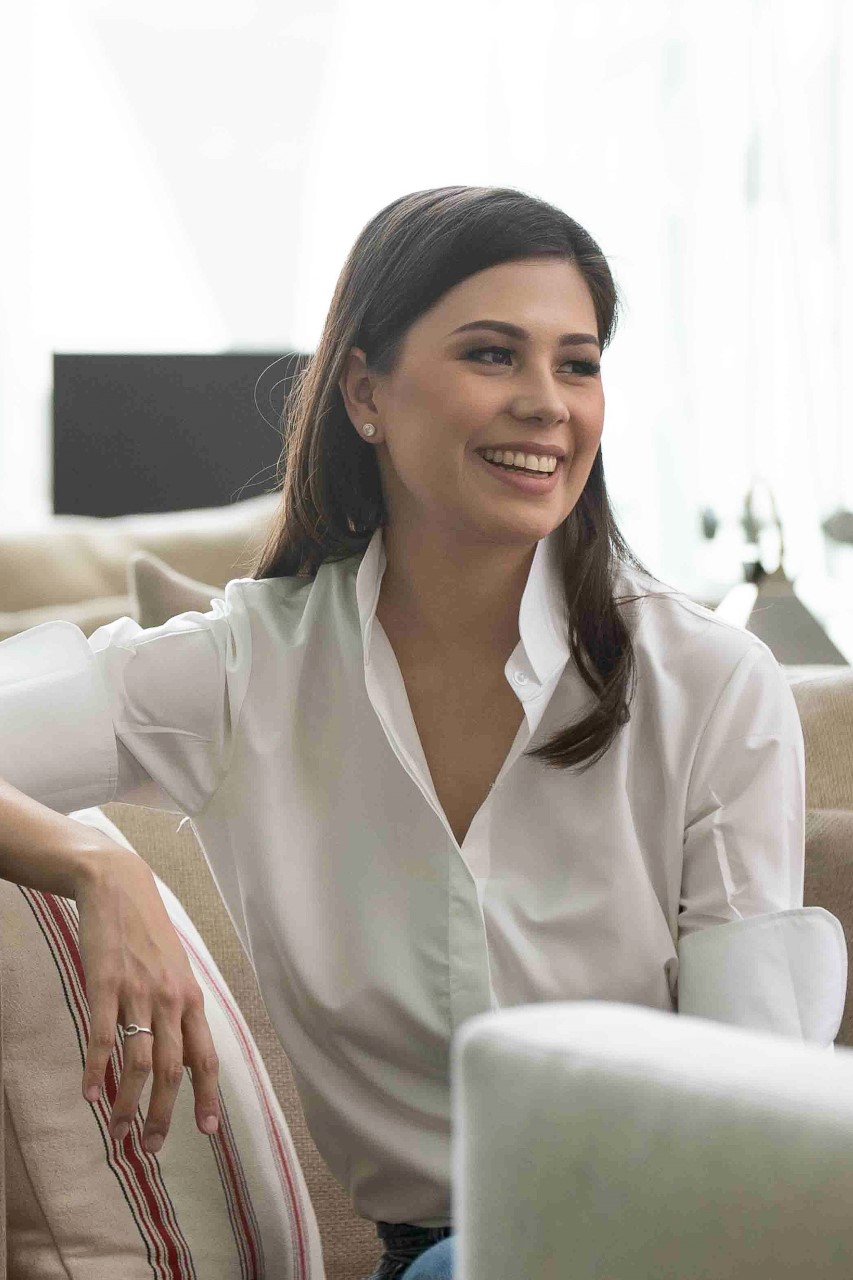Vice President of SEAF Indonesia
After several years working in private finance, Katharina found her passion in supporting fellow women who share her dream of becoming entrepreneurs. Through Small Enterprise Assistance Funds (SEAF), she helps to create shared value for women, entrepreneurs, and investors.
When Katharina decided to study accounting and finance, it probably never struck her mind that she would one day put her hands into the croissant manufacturing business. Last year, Katharina helped SEAF, an impact investment management firm that focuses on SMEs in emerging markets, to close its first gender-lens deal in Indonesia with BEAU, a woman-led artisan bakery business. Since then, she has been personally involved in all the nuts and bolts of the business, caring about it as if it was her own.
After completing her studies in Austria, Katharina returned to Indonesia to work for a local private equity management firm, before entering the venture capital world. She was astonished to see that most of the CEOs she dealt with were men. She was herself the only woman in her venture capital firm that specialized in fast-growing tech startups – another male-dominated field. “The whole ‘VC’ style is quite man-friendly,” she remarks half-jokingly. So when SEAF approached the VC firm in search of small women-led businesses for their Women Opportunity Fund, she was almost naturally designated to manage the deal. This did not make the hunt any easier though. Businesses were either not fast-growing, or women-led but still men-owned (typically the father or the husband). Women entrepreneurs were often wary of funding instruments such as US-denominated debt or equity instruments. It soon appeared that the deal-making process required a more customized approach to make the match-making happen.
Katharina became so passionate about this new mission of supporting warrior women entrepreneurs, that she made it her full-time job and joined SEAF. At the same time, she had become co-founder of a fashion outlet brand. “I reflected on how I would build my legitimacy later, if I wanted to be an entrepreneur. I wanted to see the ‘do and don’t’ before getting myself fully engaged” explains Katharina.
At first, Katharina thought GLI was more hype than substance. “Empowering small women entrepreneurs” was to her tinged with the assumption that women are “limited to ‘petty endowment’ and unable to get the bigger, commercial ones”. Her GLI analysis has now greatly evolved to more fully consider the implications of gender equality, from pay equity to professional development. SEAF has developed its own “Gender Equality Scorecard” (GES), to identify gender-related gaps and opportunities across all their portfolio enterprises and potential investees, either man or women-led. In Katharina’s words, “If we want GLI to be a mainstream financial scheme, we cannot keep women entrepreneurs into the small, cushioned world of microfinance”.
For Katharina, the gender lens conversation cannot be just a story about women. GLI means “to look more intentionally at the other side of the world” she says. What matters is not the amount of money that is poured into the women’s cause, or even making new investments. It is about thinking how to create a meaningful impact where women or men are disproportionately disadvantaged due to their gender. “There are a lot of biases that we already know, but also a lot that we just don’t want to admit. To move ahead, we need a healthy share of men and women onboard. We cannot leap on one foot!”.
Katharina speaks the language of sophisticated finance and knows the daily routine of women entrepreneurs. As such, she makes the perfect information broker between the two worlds, to value on both sides the wide spectrum of funding instruments and analysis tools yet to be fully tapped.





